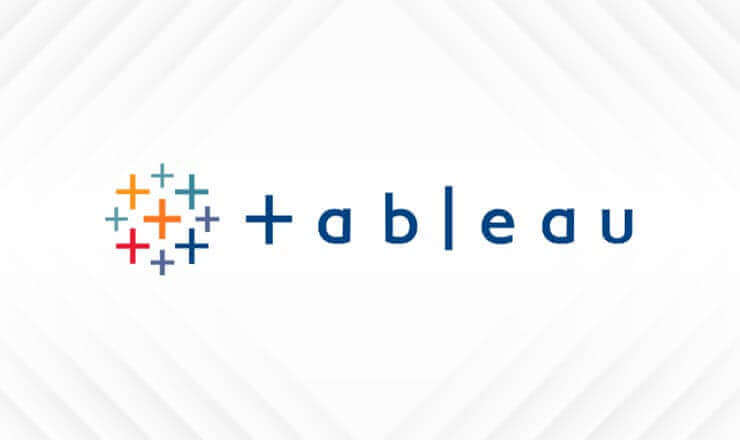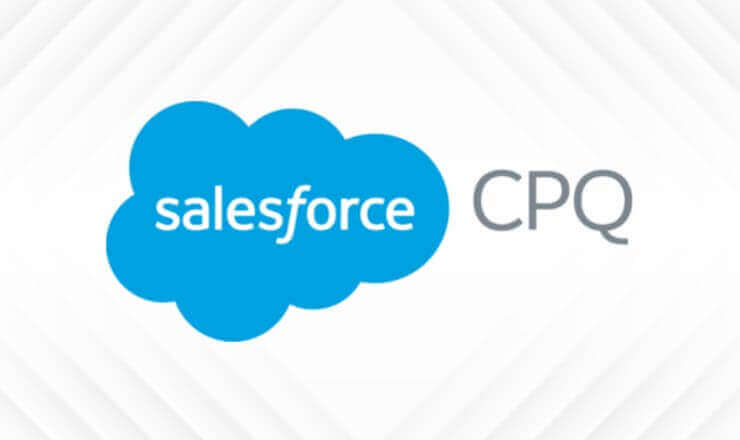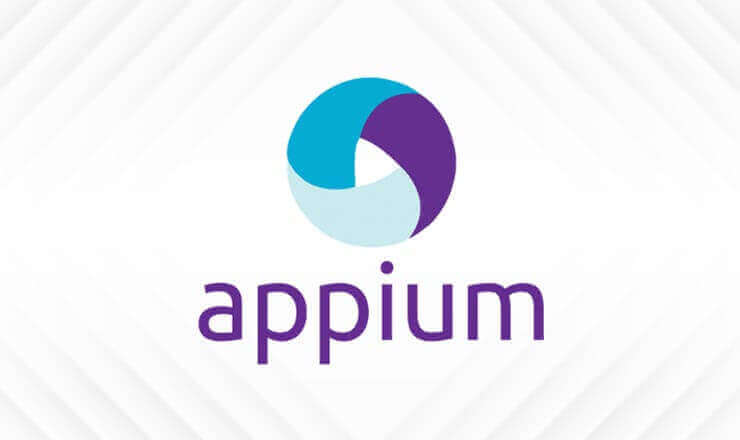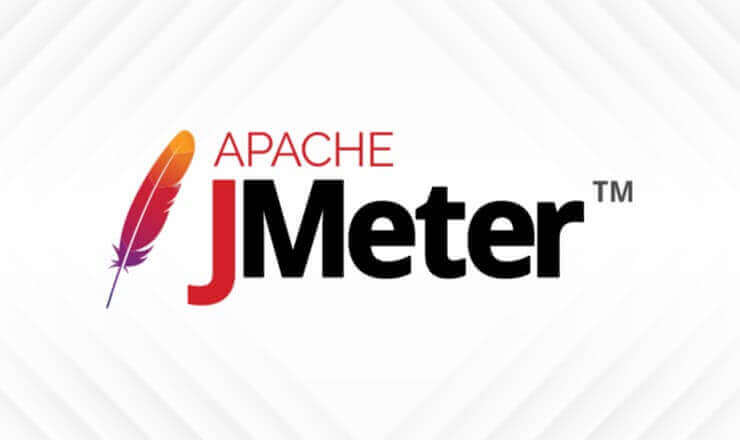What does a Mulesoft Developer do?
A MuleSoft developer is a professional who specializes in using MuleSoft Anypoint Platform to develop connections and API (Application Programming Interfaces) that bring together different systems, applications, and data sources.
MuleSoft is a widely used connection platform that helps businesses to build and manage connections between different software systems, including cloud applications, on-site systems, databases, and APIs.
A MuleSoft developer is responsible for designing, developing, and implementing connections and APIs using MuleSoft's Anypoint Studio, an integrated development environment (IDE) for building Mule applications. They use MuleSoft's Anypoint Platform features like connectors, transformers, routers, and flows to create efficient and reliable connections.
Key responsibilities of a MuleSoft developer include:
1. Integration Design: MuleSoft developers analyze the integration requirements and design the architecture for connecting different systems and applications. They define the connection patterns, the way they map data, and the changing rules to ensure smooth data exchange between systems.
2. Application Development: MuleSoft developers use Anypoint Studio to develop Mule applications that use the integration logic. They create integration flows, program connectors and transformers, handle error scenarios, and implement data change and checking processes.
3. API Development: MuleSoft developers design and develop RESTful APIs or SOAP web services using MuleSoft's API Designer and RAML (RESTful API Modeling Language). They define the API requirements, aims, data models, and security requirements to enable communication and flexible working between systems.
4. Testing and Removing bugs: MuleSoft developers conduct unit testing and connection testing to ensure that the connections and the APIs are working and perform well. They use MuleSoft's testing abilities and tools for removing bugs to identify and solve issues and ensure that the connections are reliable.
5. Use and Monitoring: MuleSoft developers use the developed integrations and APIs on MuleSoft's Anypoint Platform or other environments where they can operate. They program monitoring and logging to track the connections’ performance, availability, and security and identify areas for improvement.
MuleSoft developers often work closely with business analysts, solution architects, and other professionals involved to understand integration requirements and to deliver strong solutions that can be scaled up. They know about integration patterns, web services, APIs, forms of data, and protocols such as HTTP, SOAP, and REST. MuleSoft qualifications, such as MuleSoft Certified Developer, demonstrate their skill in building MuleSoft integrations and APIs.
What is the annual salary for a Mulesoft Developer in the United States?
The salary of a Mulesoft Developer can change depending on factors such as the level of experience, location, industry, and company size. In general, the salary range for Mulesoft Developer is as follows:
Entry-level Mulesoft Developer: The salary for entry-level Mulesoft Developers typically goes from $90,000 to $110,000 a year. These individuals have limited experience in the field and may be starting their careers as Cloud Automation Testers.
Mid-level Mulesoft Developer: After a few years of experience, a mid-level Mulesoft Developer can expect a salary that goes from $110,000 to $120,000 a year. They have gained skill in Mulesoft Development techniques.
Senior Mulesoft Developer: Senior Mulesoft Developers or those in positions as leaders can earn salaries that go from $120,000 to $140,000 or more a year. These individuals have wide experience in Mulesoft Development, often have skills as leaders, and may be responsible for managing development and teams.
What are the Mulesoft Developer job prospects in the United States?
The job prospects for MuleSoft developers in the United States are generally positive, driven by the growing demand for integration solutions and the increasing use of MuleSoft's Anypoint Platform by businesses across various industries.
MuleSoft's Anypoint Platform has become very popular as a leading integration platform, allowing organizations to connect and use data, applications, and systems more effectively together. The platform's API management, data integration, and abilities to connect have made MuleSoft an important product in the integration market.
Several factors influence the job prospects for MuleSoft developers:
1. Increasing Demand for Integration: As organizations work hard to connect diverse systems, applications, and data sources, the need for skilled MuleSoft developers who can design, develop, and manage integration is rising. The ability to create smooth and efficient integrations using MuleSoft's Anypoint Platform is highly valued in the industry.
2. Digital Change Moves: Many organizations are undergoing digital change efforts to make their IT landscapes more modern and to use cloud technologies. MuleSoft's Anypoint Platform enables the integration and connection required for these digital changes. MuleSoft developers play a key role in implementing integration solutions that support digital change strategies.
3. Cloud Adoption: With the increasing adoption of cloud technologies, including Software-as-a-Service (SaaS) applications and cloud platforms, the demand for MuleSoft developers has grown. MuleSoft's ability to connect and integrate cloud-based systems and services makes it an attractive choice for organizations starting to use cloud solutions.
4. Expansion of API Economy: APIs (Application Programming Interfaces) have become crucial to modern software development and business strategies. MuleSoft's Anypoint Platform provides powerful tools for creating and managing APIs, and MuleSoft developers play a vital role in designing and implementing API-driven architectures.
5. Industry-Specific Requirements: Various industries, including finance, health, shops, and technology, need strong integration solutions to address their unique challenges. MuleSoft developers with field-specific knowledge and experience in these industries are highly sought after.
Overall, the job prospects for MuleSoft developers in the United States appear promising. Their skill in designing and using integrations using MuleSoft's Anypoint Platform, together with their knowledge of integration patterns, API development, and related technologies, positions them well in the growing field of integration and connection. Staying up to date with MuleSoft's latest features and certificates can further improve job prospects for MuleSoft developers.

























